In 2012, a debut screenwriter wrote a script on a subject that even ‘indie’ films had not touched upon – sperm donation. The script translated into a commercial, mainstream entertainer that reminded you of why you fell in love with masala entertainers in the first place.
The film was Vicky Donor, and Juhi Chaturvedi was the screenwriter making her debut with it.
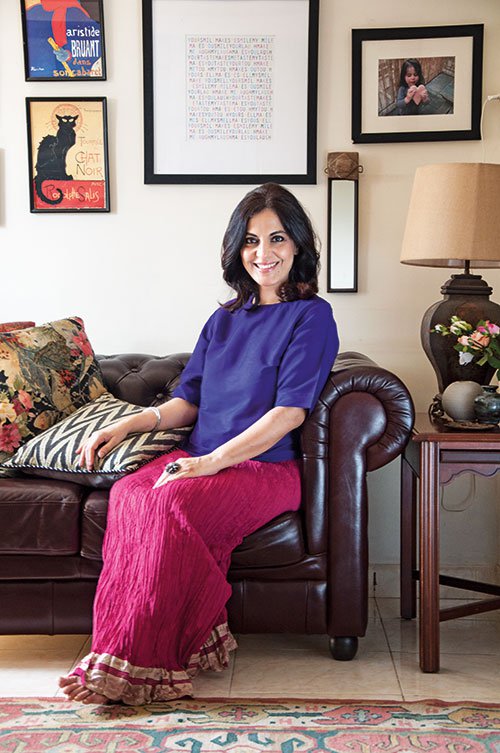
Since then, she has written three more films, and two of them have completely won over the audience and the critics.
The jury on Gulabo Sitabo is still out, considering its recent release. But if the initial comments are anything to go by, Juhi Chaturvedi once again has a winner on her hands.
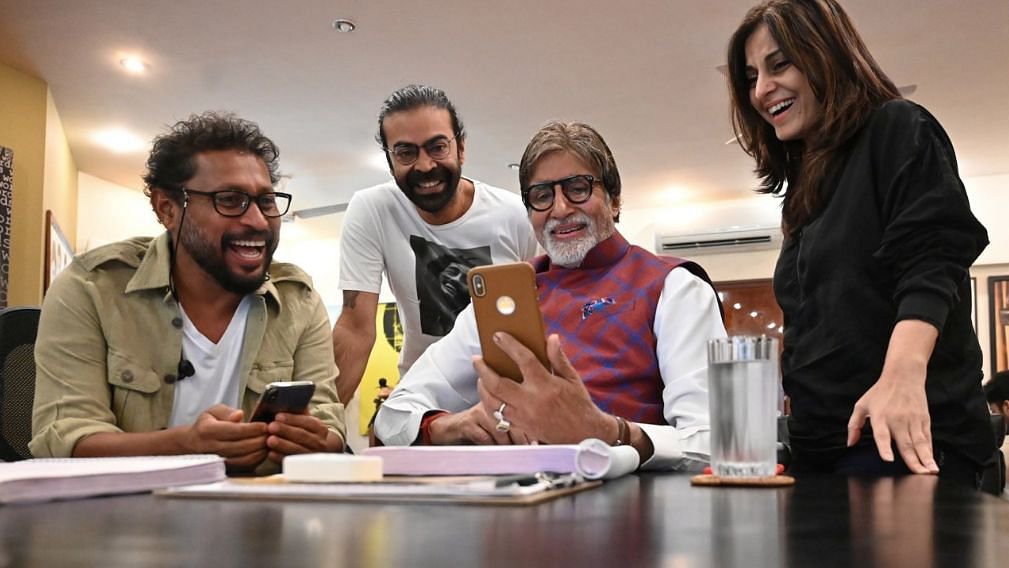
Juhi Chaturvedi is just four films old, which in terms of Hindi cinema may not seem like much. But, what she has achieved in just four films is something that most writers struggle with – the ability to make unpredictable, novel stories appear relatable.
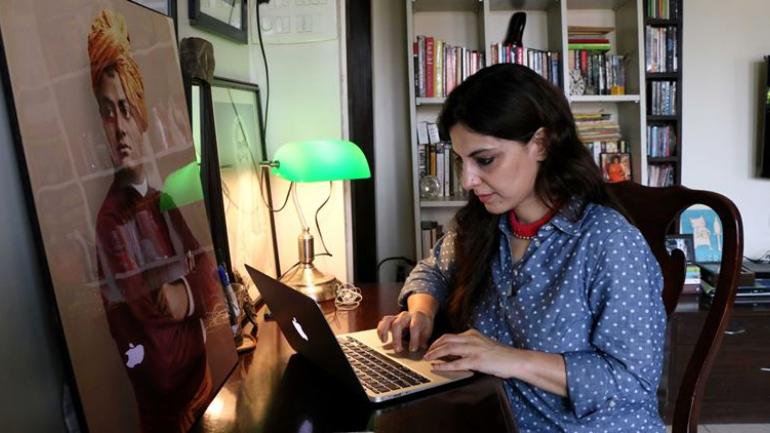
On the face of it, Vicky Donor may have been the story about sperm donation. But, with clever subplots, the film also threw light on divorce & remarriage, independent working women, and of course, the Punjabi vs. Bengali debate. And above it all, it remained a beautiful love story.
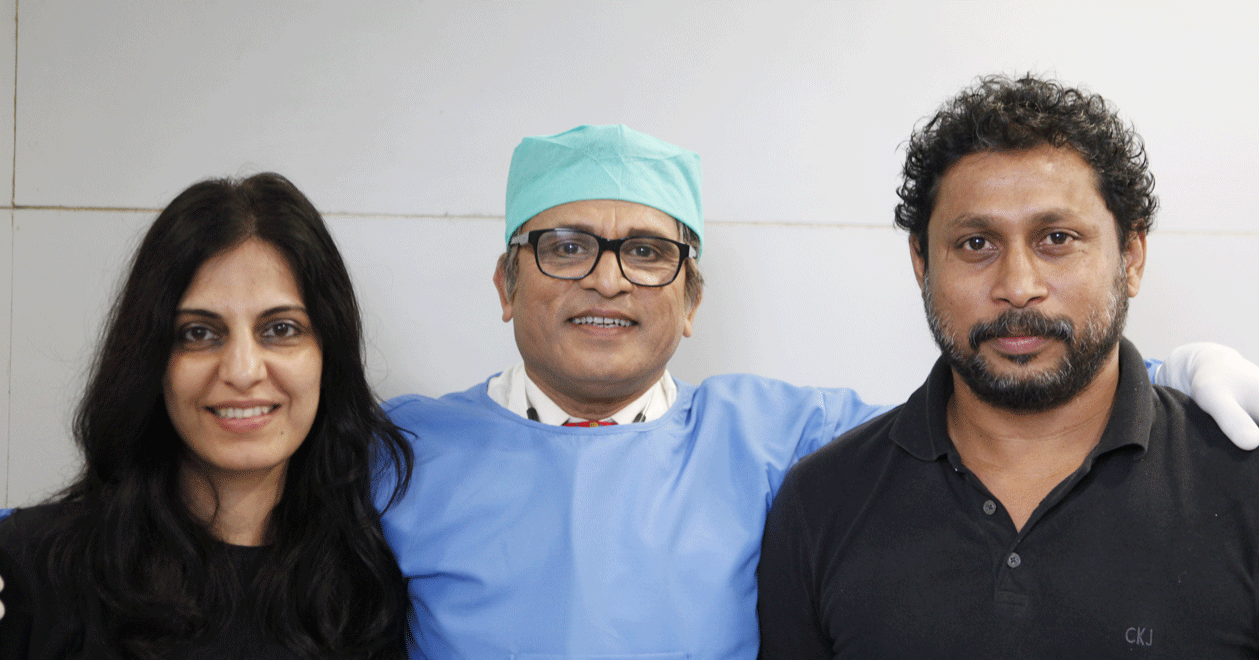
Similarly, the changing nature of a relationship between a parent and a child may have formed the crux of Piku, but it also drew attention to society’s perception of single women, finding love in unexpected journeys, and the grief of losing a parent.
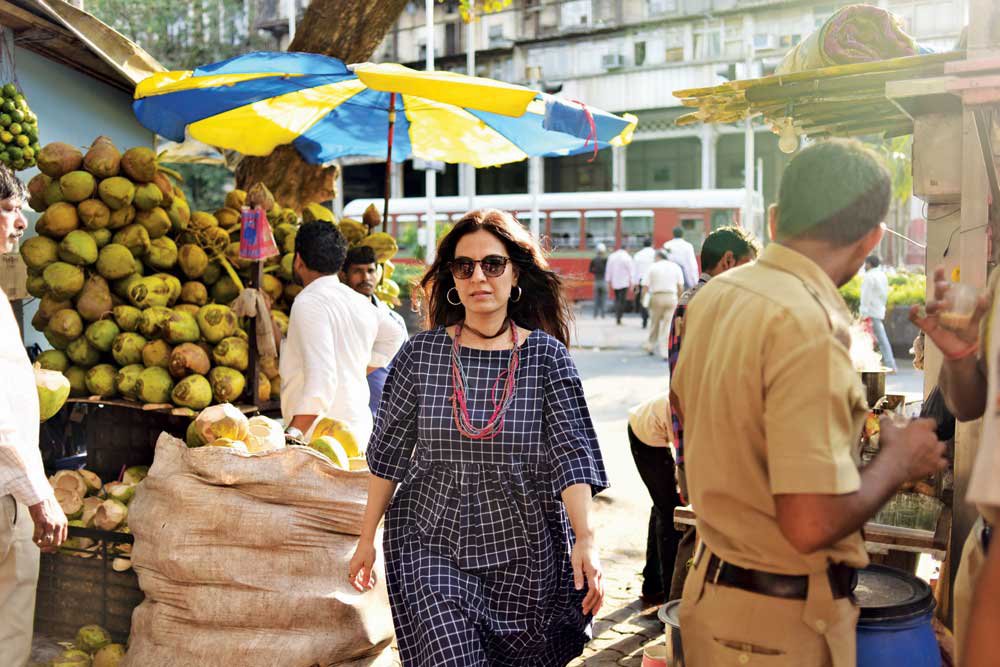
In the same vein, October and Gulabo Sitabo are also more than their obvious subjects. However, it’s isn’t just the sub-plots that she introduces in the films.
It is the fact that all of her stories remind you of a chapter from your own life, even when there may be little that is actually similar to your life.
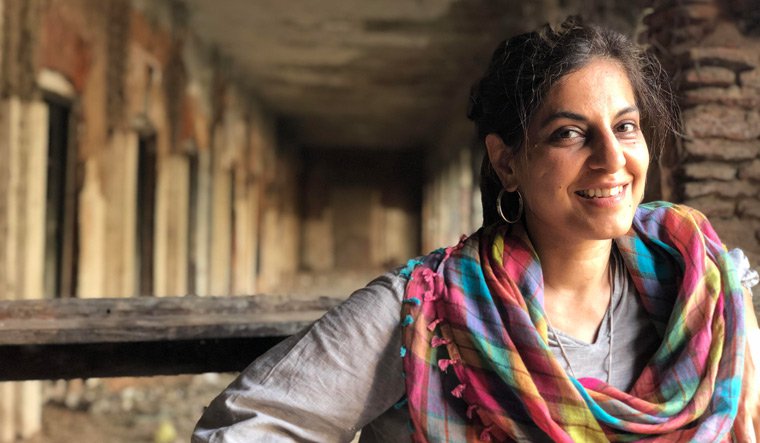
After all, how many of us live in a crumbling mansion with a crotchety, old landlord? Or have unexpectedly been drawn to look after a comatose colleague, simply out of the goodness of our heart? Or, for that matter, know a sperm donor?
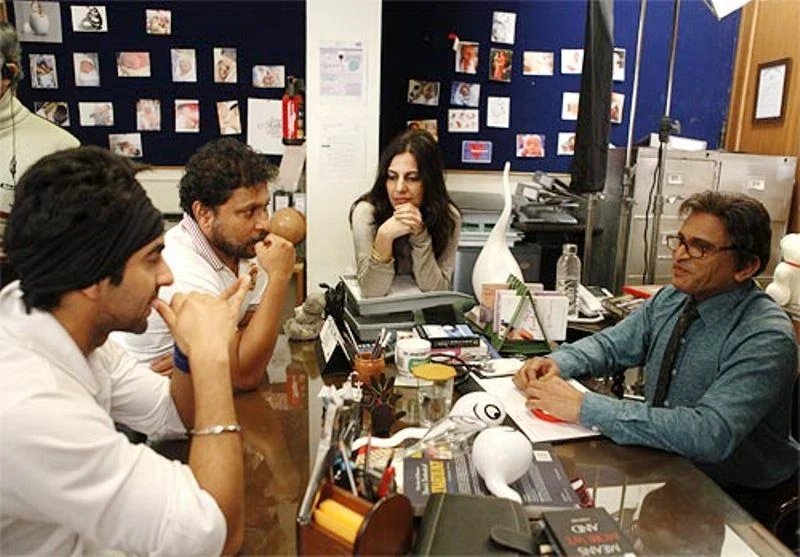
And yet, there is something about her characters that remind you of the people you’ve met in your life. Somehow, you always see a little of yourself in her protagonists, no matter how flawed or innocent they may appear.

Maybe it’s the way she brings alive the city her story is set in. If Vicky Donor reminded you of the chaotic yet warm spirit of Delhi, then Piku was an ode to all things Bengali.
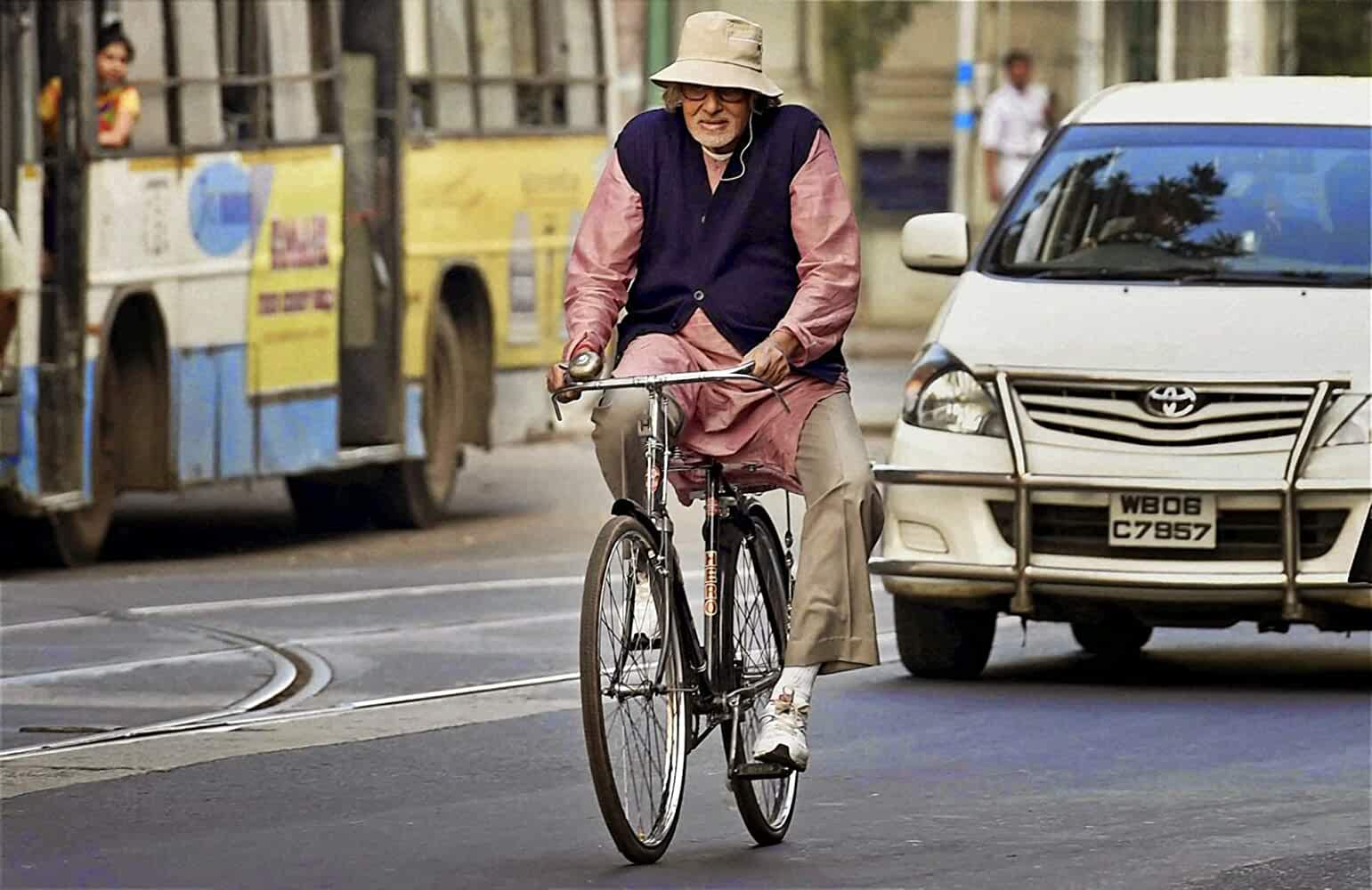
And Gulabo Sitabo, with its quirky dialogues and measured pace, draws you to Lucknow, even more than the thought of tundey kebab.
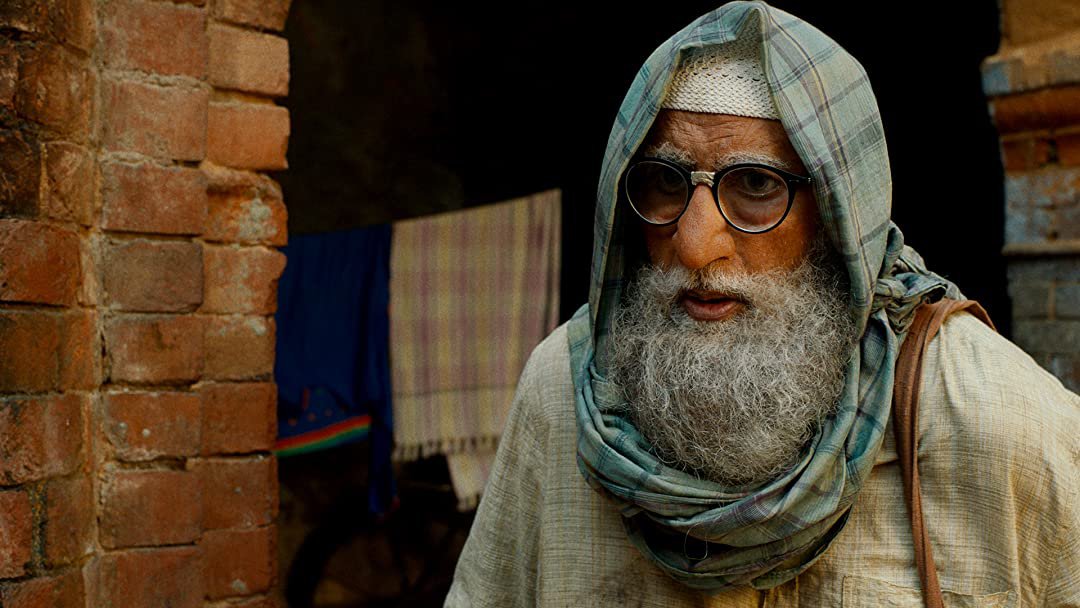
Of course, when it comes to bringing alive a city in a manner that almost feels like poetry in motion, due credit has to be given to her director across all four films, Shoojit Sircar.
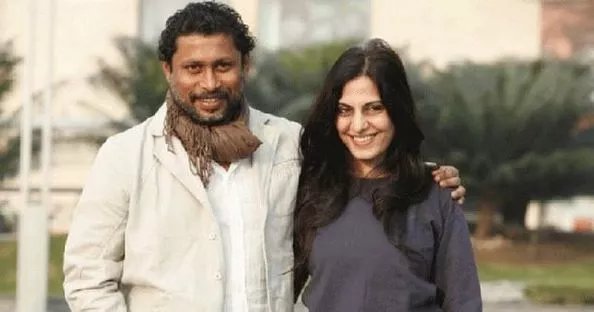
Juhi Chaturvedi, who is currently Executive Creative Director at Leo Burnett Mumbai, first collaborated with Shoojit Sircar on ad films.
She went on to write dialogues for his unreleased film Shoebite, before working with him on Vicky Donor. Since then, the duo has gifted Hindi cinema four brilliant, wonderful, heartwarming stories.
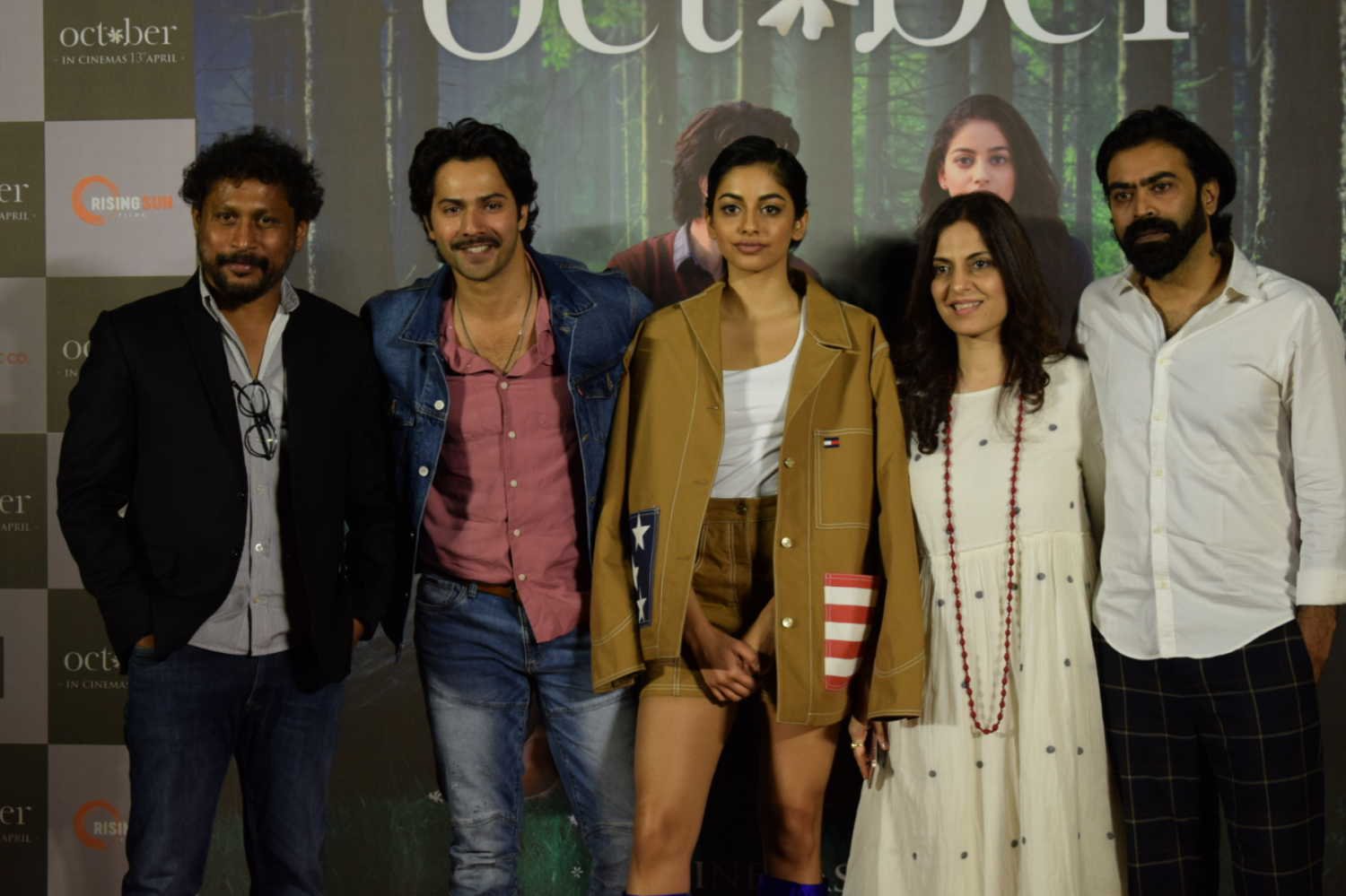
But ultimately, it’s Juhi’s understanding of personality traits and relationship dynamics that are common to most people, that allow her to build stories and characters we all find relatable.
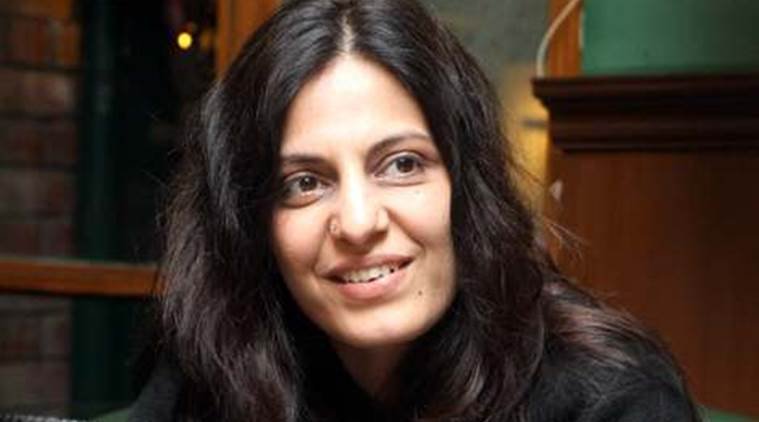
Another win with her stories is the way she builds strong, independent, relatable women.
Ashima, Dolly, Piku, Vidya, Guddo, and ultimately Fatto Begum are women after their own hearts, who have battled the illogical perception of a ‘woman’s place in the society’.
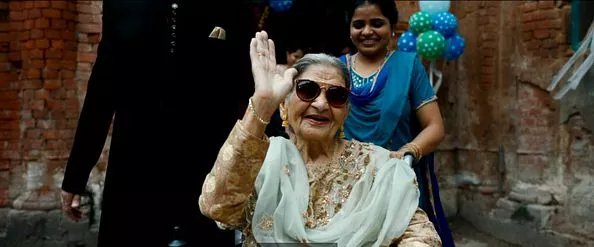
Were they flawed? At times, yes. But they were also relatable and most importantly, a far, greater improvement from the damsel in distress, arm candy heroines that Bollywood stuck to for so long.

Ultimately though, the true credit for Juhi Chaturvedi’s movies’ success lies in how she makes the story the hero, every single time.
In a way, her movies bring alive the magic that we once associated with the trio, Basu Chatterjee, Hrishikesh Mukherjee, and Basu Bhattacharya. Her light-hearted, innocent, but insightful take on things far too common to us is what makes even the ordinary, extraordinary.

In an industry where family entertainers far too often translate to melodrama, comedy too often seeps into vulgarity, and tragedies often appear as a facsimile of reality, her stories strike the perfect balance between reality and fiction, once again making us believe in the power of storytelling.

















